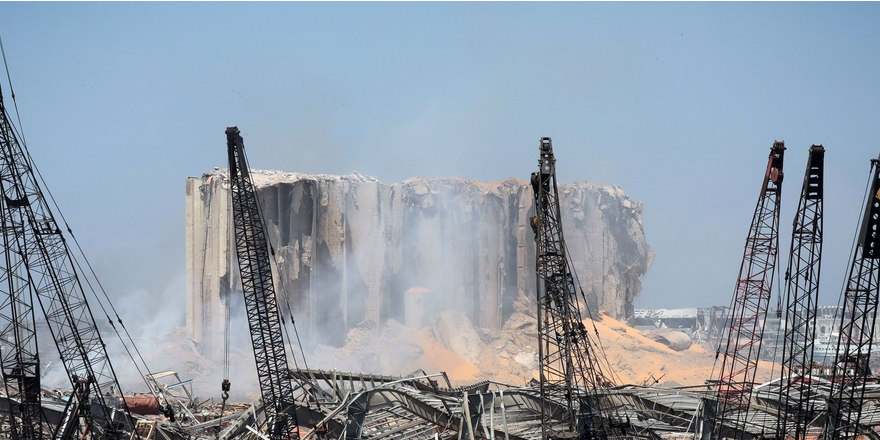
Newswrap: Halal industry
Bangladesh joins SMIIC to certify halal foods; Saudi Arabia allocates $2.5 billion for food security; Indonesia re-allows food imports from all of Japan; Iran seeks food security overseas; Beirut’s grain silos damaged two years after blast; Somalia in ‘grip of famine’.
Bangladesh joins SMIIC to certify halal foods
Bangladesh has become a member of the OIC’s Standards and Metrology Institure for Islamic Countries (SMIIC). The Bangladesh Standards and Testing Institution (BSTI) will provide its services based on SMIIC standards for the export of food and non-food items to OIC countries, reported New Age Bangladesh. BSTI provides halal certification for food and processed food, livestock and fisheries, cosmetics, pharmaceuticals and canned food.
Saudi Arabia allocates $2.5 billion for food security
Riyadh has allocated some $2.5 billion to support the inventories of wheat and barley and compensate importers, reported Al Sharq Al Awsat. The Saudi Food Security Committee made the move to address rising global food prices. The Saudi Grains Organization (SAGO) allocated $1.2 billion in its budget, while $1.1 billion of the Agricultural Development Fund's (ADF) budget is to be lent to the private sector to finance contracts. A further $213 million is to be provided in subsidies to breeders and producers. In other news, the Agriculture Ministry is to offer grants to bolster poultry production. The kingdom has raised poultry production from 45% in 2016, to 68% in 2022, with a target of 80% by 2025, according to the Saudi Press Agency and WATTPoultry.com.
Indonesia re-allows food imports from all of Japan
Following the 2011 Fukushima nuclear power plant disaster, Indonesia banned the import of Japanese food over contamination concerns. During a meeting in Tokyo between the leaders of Japan and Indonesia, the latter announced it would ease all restrictions, reported News Track Live. Indonesia had “required radiation-free certificates for imports of meat, vegetables and other food products from Miyagi, Yamagata and five other Japanese prefectures.”
Iran seeks food security overseas
Iran is struggling to ensure food security amid drought, climate change and a growing population. Out of the country’s 165 million hectares, an estimated 50 million is arable while just 18 million is used for farming, reported Middle East Eye. The Islamic Republic has also looked abroad to secure food, with Venezuela offering Iran 1 million hectares of land in July, while Russia has also reportedly offered 100,000 hectares. Iran needs to import some 8 million tonnes of wheat this year to offset shortfalls. MEE reported that the country produces 133 million tonnes of food a year, but had to import 28 million tonnes last year, primarily wheat and corn.
Beirut’s grain silos damaged two years after blast
Parts of Beirut’s grain silos collapsed on Sunday, just days ahead of the two-year anniversary of the deadly explosion that destroyed the port and killed 215 people in the Lebanese capital on 4 August 2020, reported Middle East Eye. The silos had a capacity of 100,000 kilogrammes but were seriously damaged in the explosion. Part of the facility had been able to store 3,000 tonnes of wheat and corn, but have not been able to be accessed over stability concerns. The port area has been evacuated.
Somalia in ‘grip of famine’
The President of Somalia, Hassan Shaykh Mohamud, has announced a state of famine in the East African country due to drought. Some seven million Somalis are at risk due to a shortage of food amid the country’s worst drought in 40 years. More than 15 million head of livestock, 28% of the country's total, have been impacted, and more than 2 million other animals have died, reported News 360.
